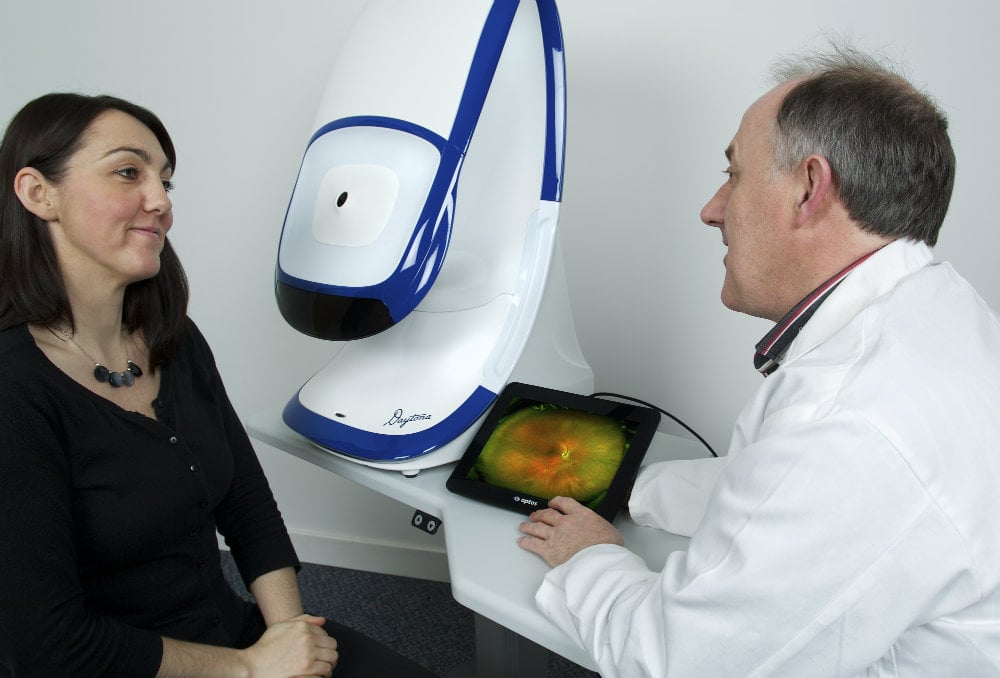Good communication between practitioners and their patients is essential. Patients are entrusting their vision and eye health to their doctors and they need to feel comfortable with the information that they are receiving and how they are receiving it. Unfortunately, there are practitioners across all types of medicine that have patients who are unhappy with the way they communicate them.
Effective communication between practitioners and patients can be difficult, especially when trying to explain medical terminology in understandable terms. There are also other practitioners that simply need a bit of help in developing a better bedside manner with their patients. Experts recently shared with Ophthalmology Business that when practitioners work on their communication skills, as well as their body language, it can make all the difference in a patient’s experience.
A few tips to help you improve your communication skills and body language, as outlined in Ophthalmology Business, include the following:
- – Provide empathetic care – Listen to your patients and ensure that you understand their concerns. Dr. John Banja advises matching your behavior to the emotional atmosphere at hand.
- – Give patients your undivided attention – Put away your charts or notes for the exam and make eye contact with your patients to prove to them you’re actively listening, rather than being a passive listener.
- – Avoid furrowing your brow or pursing your lips – Such facial expressions could make the patient feel you’re irritated, even if you’re not.
- – Ask your patients questions – If a patient appears to be confused by certain terms you use when explaining a diagnosis, ask them if they understand what you’ve said. If they don’t, think of a way to explain things so they’ll understand what you’re saying.
- – Be aware of your body position – Sitting at eye level with a patient and leaning slightly forward with your hands open shows you’re attentive to the situation and willing to listen.
What tips can you share to help improve communication between you and your patients? Leave a comment below to share with us.
In addition to good interpersonal communication skills, Visit our website today to learn more.
